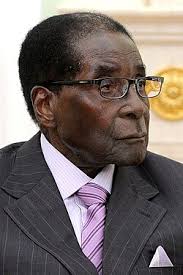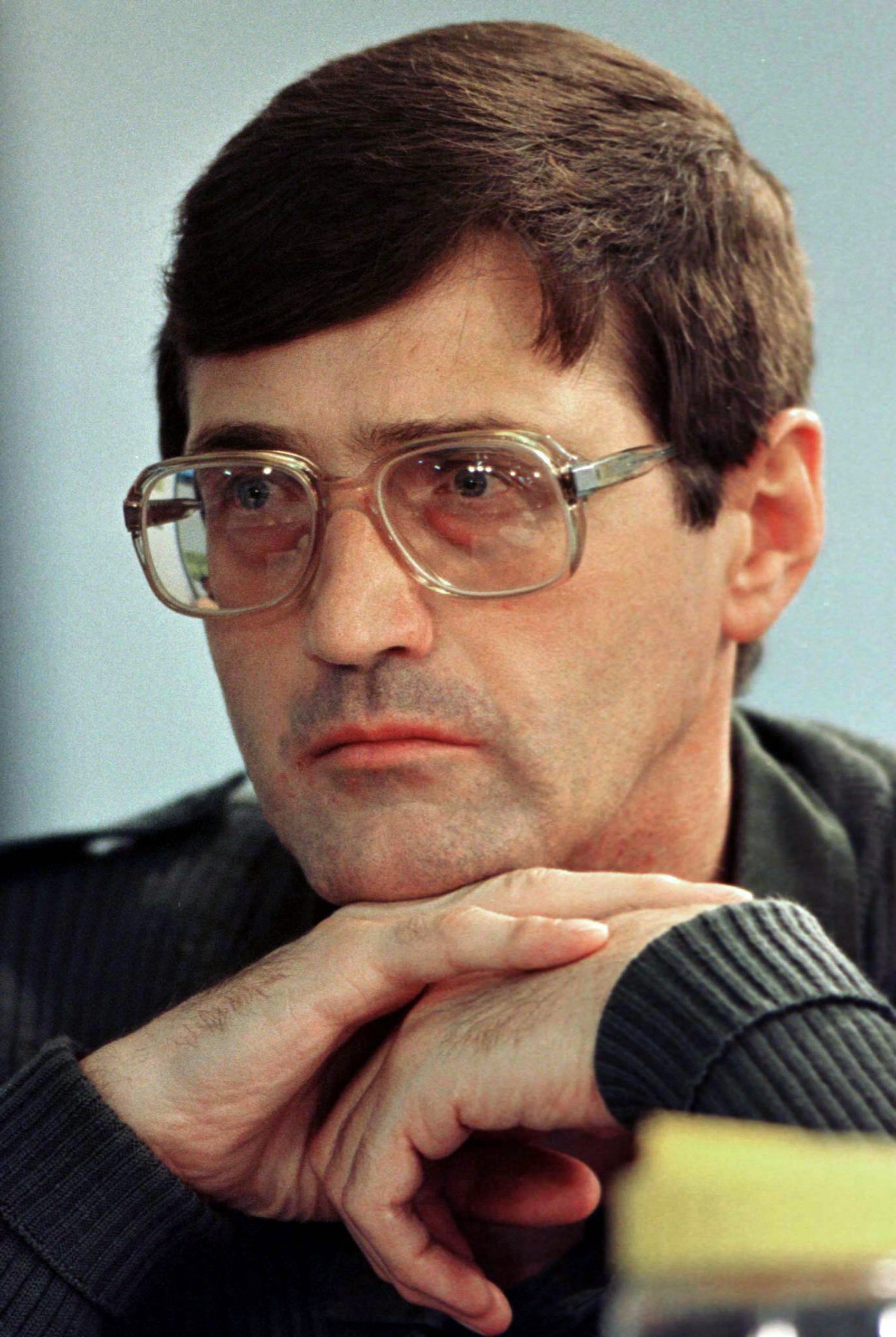Introduction
Robert Mugabe remains a pivotal figure in Zimbabwean history, representing both the struggle for liberation and decades of contentious governance. His leadership sparked discussions around democracy, human rights, and economic policies that have shaped the nation’s trajectory. With Zimbabwe’s recent political developments, it is imperative to reflect on Mugabe’s influence and legacy.
Mugabe’s Rise to Power
Robert Mugabe became the Prime Minister of Zimbabwe in 1980 and later served as President until 2017. Initially celebrated as a hero who fought against colonial rule, his leadership soon attracted criticism due to his authoritarian style and the erosion of democratic principles. Following a guerrilla war, Mugabe’s party, ZANU-PF, gained power, promising education and healthcare improvements for the newly independent nation.
Controversial Policies and Governance
Over the years, Mugabe’s administration was marred by allegations of human rights abuses and corruption. Land reform policies in the early 2000s, intended to redistribute land from white farmers to black Zimbabweans, led to a chaotic collapse of the agricultural sector, triggering food shortages and hyperinflation. By 2008, inflation reached an astronomical rate of 89.7 sextillion percent, showcasing the economic turmoil under his rule.
His government was also accused of orchestrating political violence against opposition parties, particularly during the elections in 2000 and 2008. This suppression heightened tensions within the country, leading to widespread protests and international condemnation.
Mugabe’s Fall from Power
In November 2017, a military intervention and mounting pressure from both the public and the ruling party led to Mugabe’s resignation. His departure opened the door for Emmerson Mnangagwa, a former ally, who promised to implement reforms and revive the economy.
Conclusion: A Divided Legacy
Robert Mugabe’s legacy is undoubtedly complex. While he is revered by some as a liberator and a champion of African empowerment, others view his rule as a cautionary tale of power and its potential to corrupt. As Zimbabwe navigates its post-Mugabe era, the nation faces the ongoing challenge of reconciling the past with the desire for a brighter future. Understanding Mugabe’s impact is crucial for Zimbabweans and those interested in African political history, shaping discussions on governance, social justice, and economic recovery.


